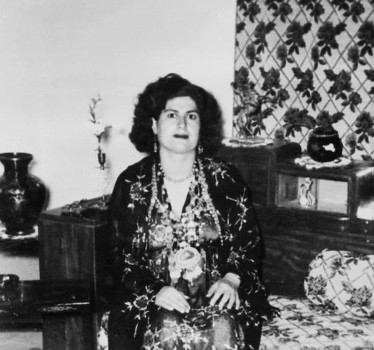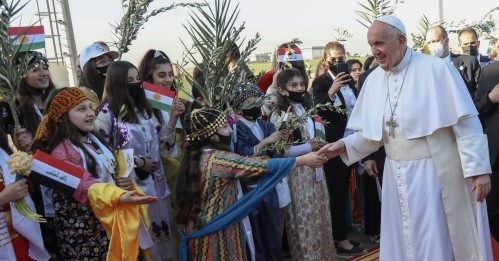The Kurdish people, an ethnic nation with roots deeply embedded in ancient history, have a storied past that spans thousands of years. From ancient kingdoms to modern struggles for autonomy, the Kurds have faced numerous challenges, including invasions, forced migrations, and political oppression. Despite these hardships, the Kurdish people have maintained their unique language, traditions, and way of life, largely due to the tireless efforts of courageous figures who have dedicated their lives to preserving Kurdish identity.
Muhammad Amin Zaki is one such figure, a towering intellectual and historian whose achievements left an indelible mark on Kurdish culture and history. Born in 1879 in Sulaymaniyah, at a time when Kurdish identity was under threat from various external forces, Zaki devoted his life to documenting the history of the Kurds, their struggles, and their achievements. His work serves as a crucial link between the past and the present, providing future generations with the knowledge and pride needed to continue their people’s legacy.
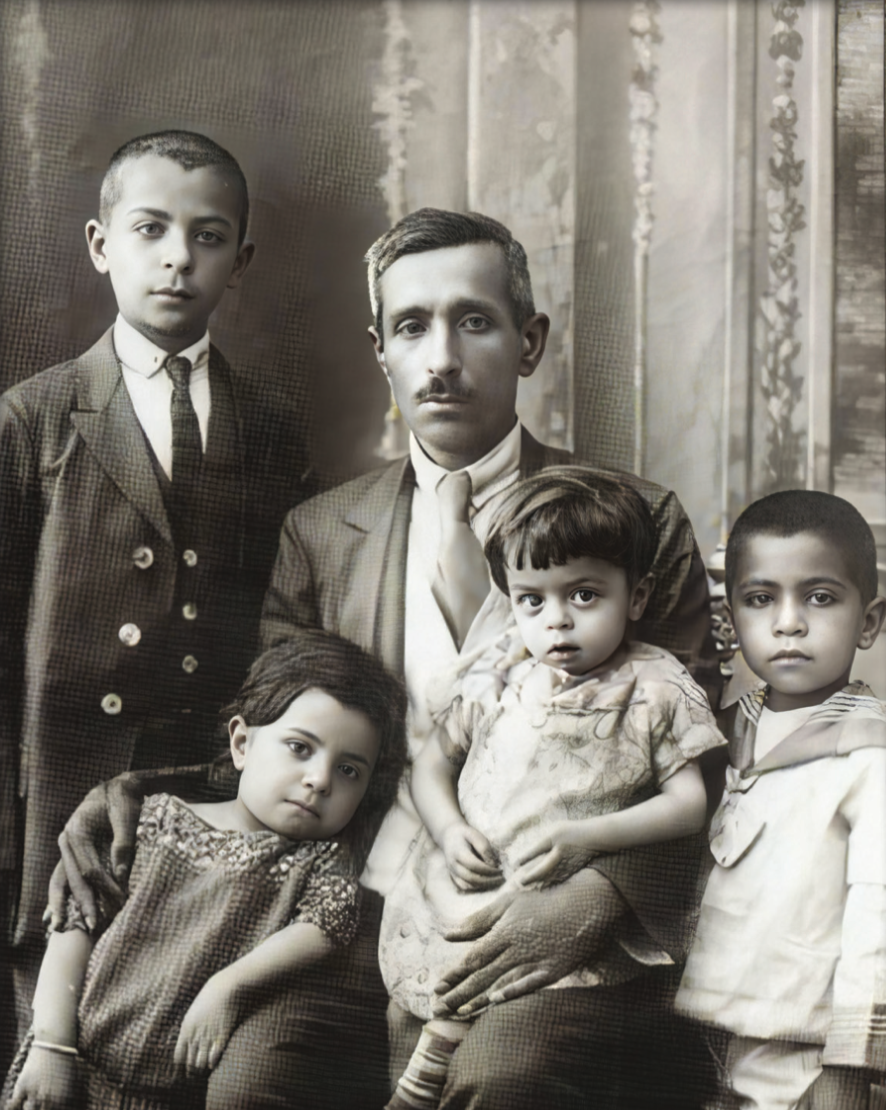
Patience, gentleness and talent
Zaki’s mother died when he was still a child, after which he contracted a fever that led to chronic rheumatism. The condition would plague him for the rest of his life but did not get in way of his achievements. Zaki attended a madrasa (religious school), where he learned to read and write in Persian and studied the Holy Quran. Later, in 1892 he enrolled in the royal official school – the only formal school in Sulaymaniyah at the time – and a year later he advanced to the second grade at the Rushdiyya military school.
His talent for drawing emerged in the third grade, earning him recognition as a skilled painter. From a young age, he also had a deep passion for history and literature, writing numerous poems. However, under the influence of his close friend Haji Tawfiq Pir Mird, whom he met in Istanbul, Zaki shifted his focus from poetry to history.
Zaki was known for his calm demeanor, strong character, generosity, dedication, and loyalty. He was patient, gentle, and talented. He wrote poetry, memorizing and collecting the works of great classical Kurdish poets like Nali. He was also a skilled artist, with two of his beautiful paintings still existing today, possibly making him the first Kurdish visual artist.
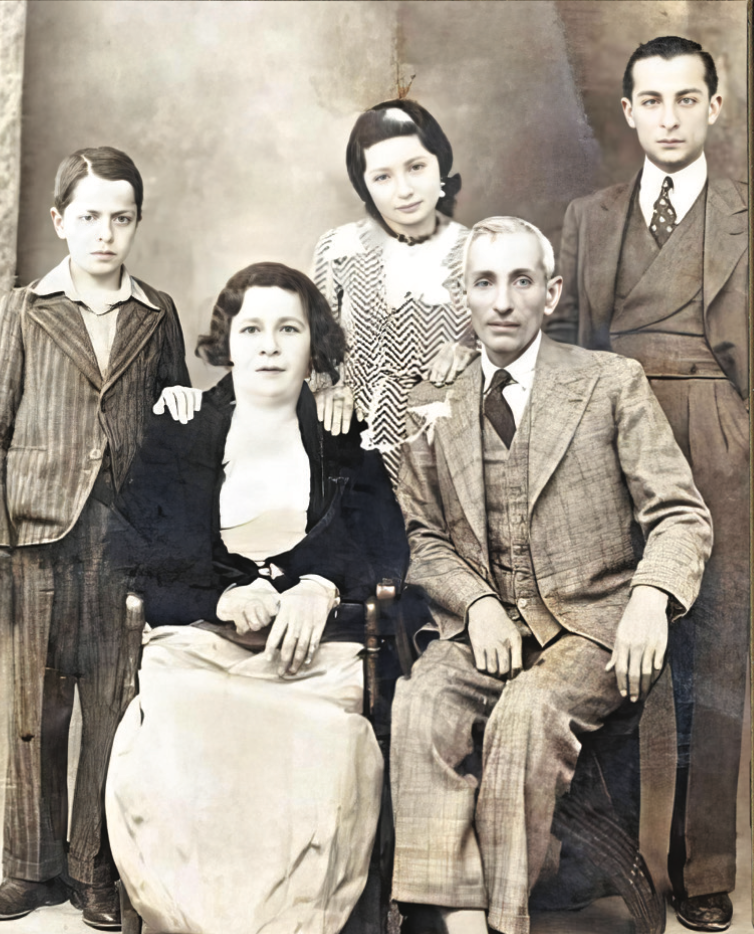
Military and political career
In 1898 he graduated from the Military Preparatory School and continued his studies at the Military School in Istanbul. He joined the 6th Ottoman Corps as a captain in 1903 and served as an engineer in the Royal Property Administration. In 1907 he became a topographical officer on the Turkish-Russian Border Planning Commission. During the Balkan Wars in 1912, Zaki served as Second Chief of Staff on the Catalca Front. He later participated in World War I, where he was promoted to Lieutenant Colonel and served in Iraq.
In 1917, he returned to Istanbul and took on several key military roles. After the war, Zaki became involved in Kurdish political movements, and upon returning to Iraq in 1924, he transitioned into a political career, serving in various ministerial roles during the British mandate, including as Minister of War and Minister of Public Works. He continued to be a prominent political figure until his death in 1948.
Zaki’s career led him through a series of significant military roles and accomplishments, each contributing to his broad understanding of political and strategic affairs. His experiences across various postings, from the Ottoman Empire to Southern Kurdistan (the Kurdistan Region of Iraq), allowed him to witness and participate in crucial historical events and decisions.
Through his promotions within the military ranks and his eventual return to Sulaymaniyah, Zaki earned prominent political positions, gaining a deeper insight into the workings of governance and international relations. These experiences, combined with his deep-rooted passion for Kurdish history and culture, uniquely positioned Zaki to become a historian whose work continues to resonate across generations. His comprehensive knowledge and dedication to his people have cemented his legacy as a pivotal figure in Kurdish history, ensuring that the rich tapestry of Kurdish heritage is preserved and celebrated.
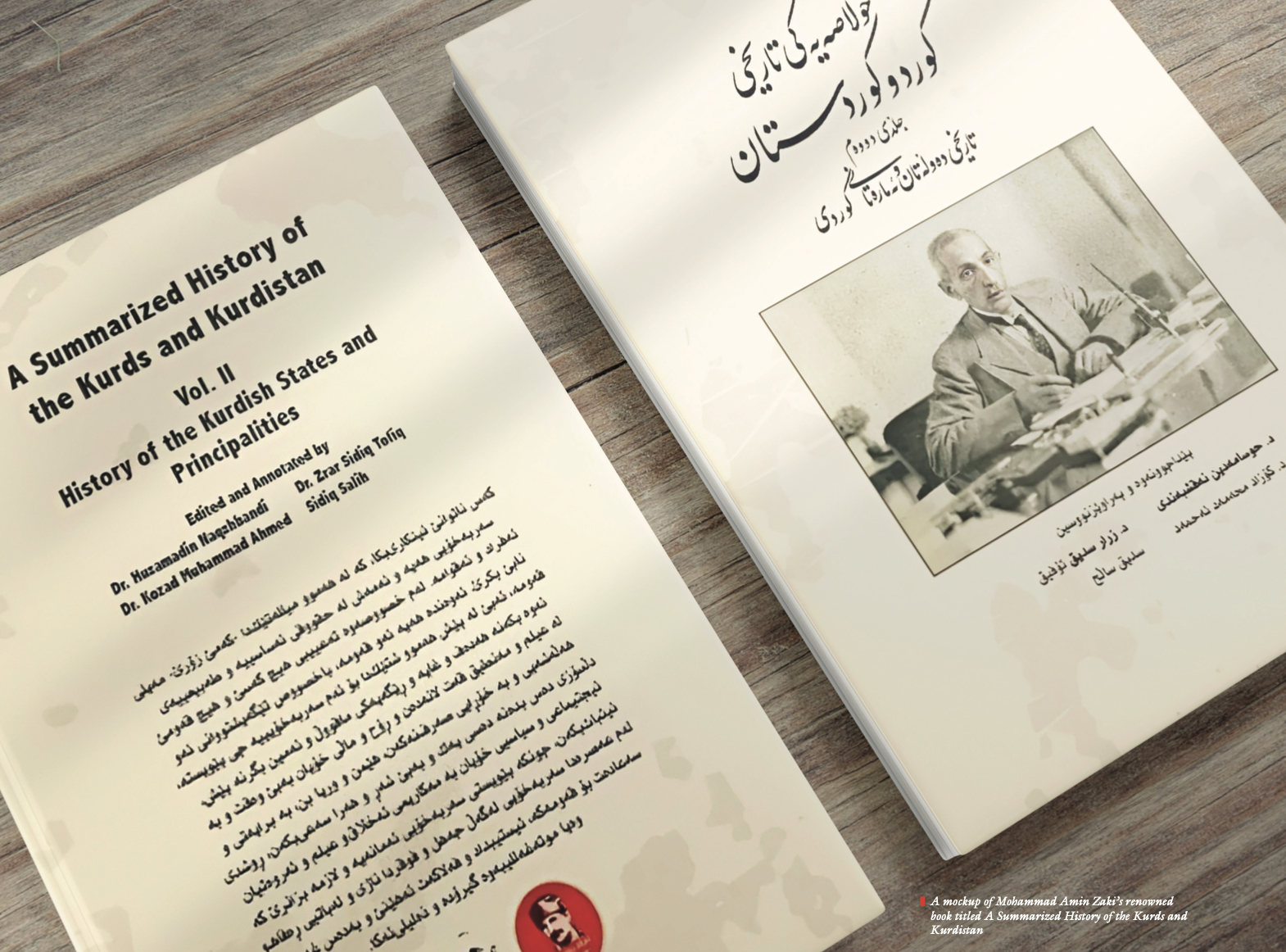
Culture, history, and identity
Proud of his Iraqi identity, Zaki was also a staunch defender of Kurdish rights and an advocate of cultural nationalism. He believed in education, economic development, and fostering brotherly relations between Kurds, Arabs, and other minorities as the best path for Kurds to achieve their legitimate rights. He eschewed revolutions and wars with the central government, favoring peaceful progress.
Zaki was a polyglot, fluent in Arabic, Persian, Turkish, English, French, German, and Russian. He is considered the first Kurdish historian after Sharafkhan Bidlisi, who wrote the history of the Kurdish states and emirates in Persian under the title Sharafnama. Zaki’s works on the history of the Kurds and Kurdistan garnered significant attention and even angered the Iranian regime at the time. His contributions to Kurdish historiography remain highly regarded.
The survival of the Kurdish nation through the storms of history is not merely a tale of endurance; it owes much to the sacrifices made by the heroes who stood as the vanguards of Kurdish culture. Zaki, with his dedication to the Kurdish cause, represents the spirit of resistance and intellectualism that has kept the Kurdish identity alive against all odds. His legacy is a symbol of hope and inspiration for all those who strive to preserve their heritage in the face of adversity.
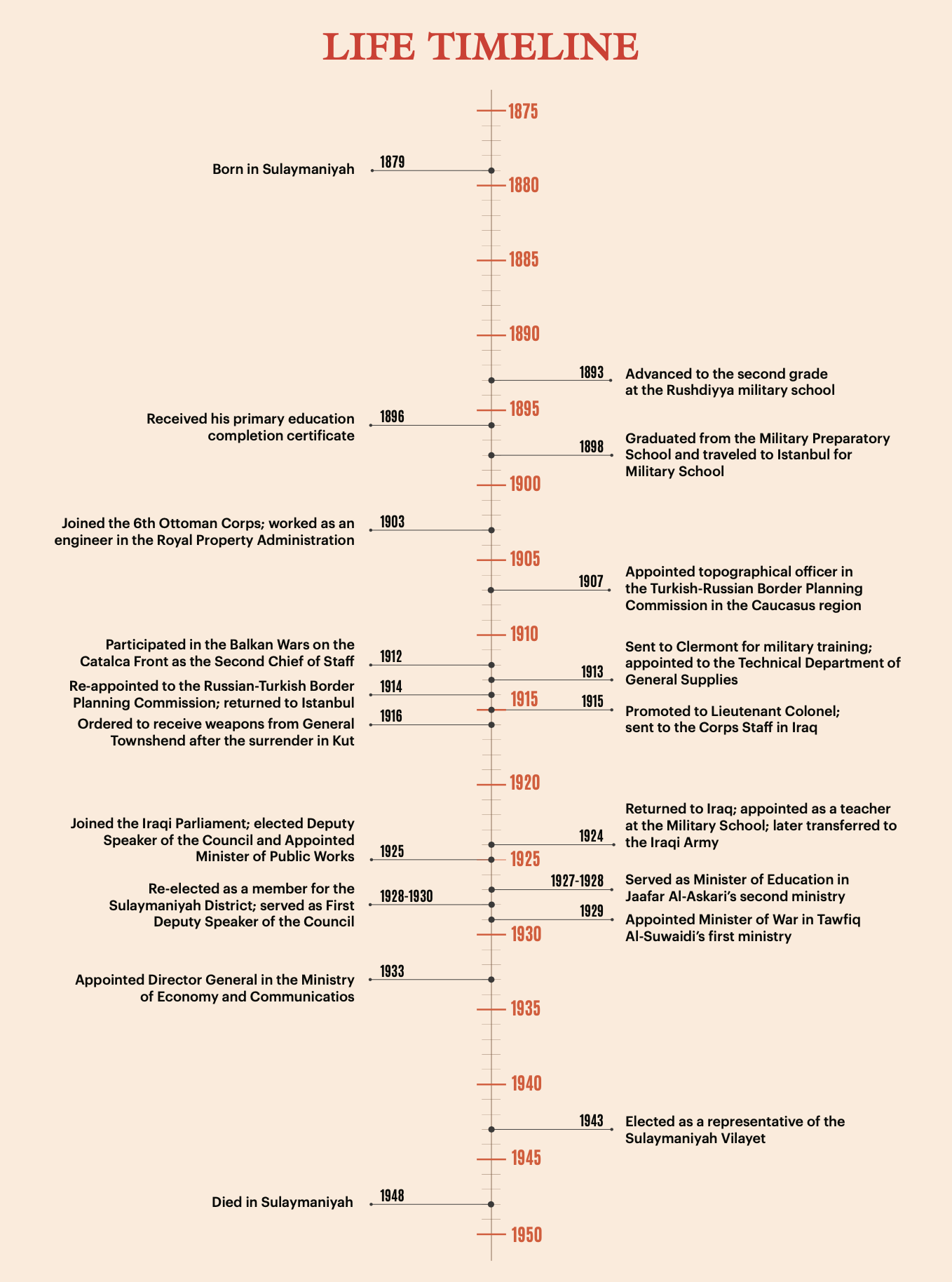
Among Zaki’s many achievements are his written works in Kurdish, Turkish, and Arabic.
Works in Turkish:
Osmanli Ardisi, Baghdad, 1331 AH Osmanli Esfar-i Hakanda Tetkikat, Istanbul, 1336 AH Irak Nasil Gayb Etti, Istanbul, 1337 AH Irak Seferi Hatiralari, Istanbul, 1337 AH Osmanli Umumi Harbi, Cephaler ve Vekayi, Istanbul, 1337 AH Selman Pak Meydan Muharebesi ve Digerleri, Istanbul, 1337 AH Bagdat ve Sok Hadisesi, Istanbul, 1339 AH Irak Harbinin Kisa Tarihi, Istanbul, 1339 AH Kut’ul Amare Taarruz ve Kusatmasi (two manuscript volumes in the British Military Archives) Hayat-i Hatiralar (three manuscript notebooks, one of which was translated into Arabic)Works in Kurdish:
Accountability of the Deputy, Baghdad, 1928 Summary of the History of the Kurds and Kurdistan from the Earliest Times to the Present, Part One, 1931; Part Two, 1937 Two Futile Attempts, Baghdad, 1935 (censored by the government for its warnings about the consequences of the government’s policy towards the Kurds) Celebrities of the Kurds and Kurdistan, two parts; the first part was translated into Arabic by his daughter Sanha and printed in Baghdad, while the second part was translated by the late Muhammad Ali Awni and printed in Cairo in 1947 History of Sulaymaniyah and Its Environs, Baghdad, 1937, translated into Arabic by Muhammad Jamil Bandi al-Rujbiani and printed in Baghdad in 1951, with a second edition in Sulaymaniyah in 2002Works in Arabic:
A Report on the Iraqi Army, Baghdad, Government Press, 1929 Mir Basra mentions other works by Amin Zaki, including his report on irrigation and tobacco cultivation. Through his efforts, the Tobacco Restriction Department and the Kurdish section of Baghdad Radio were established (with the late Tawfiq Wahbi Bey).
Rafiq Salih is Director General of Zheen Center Publication.
